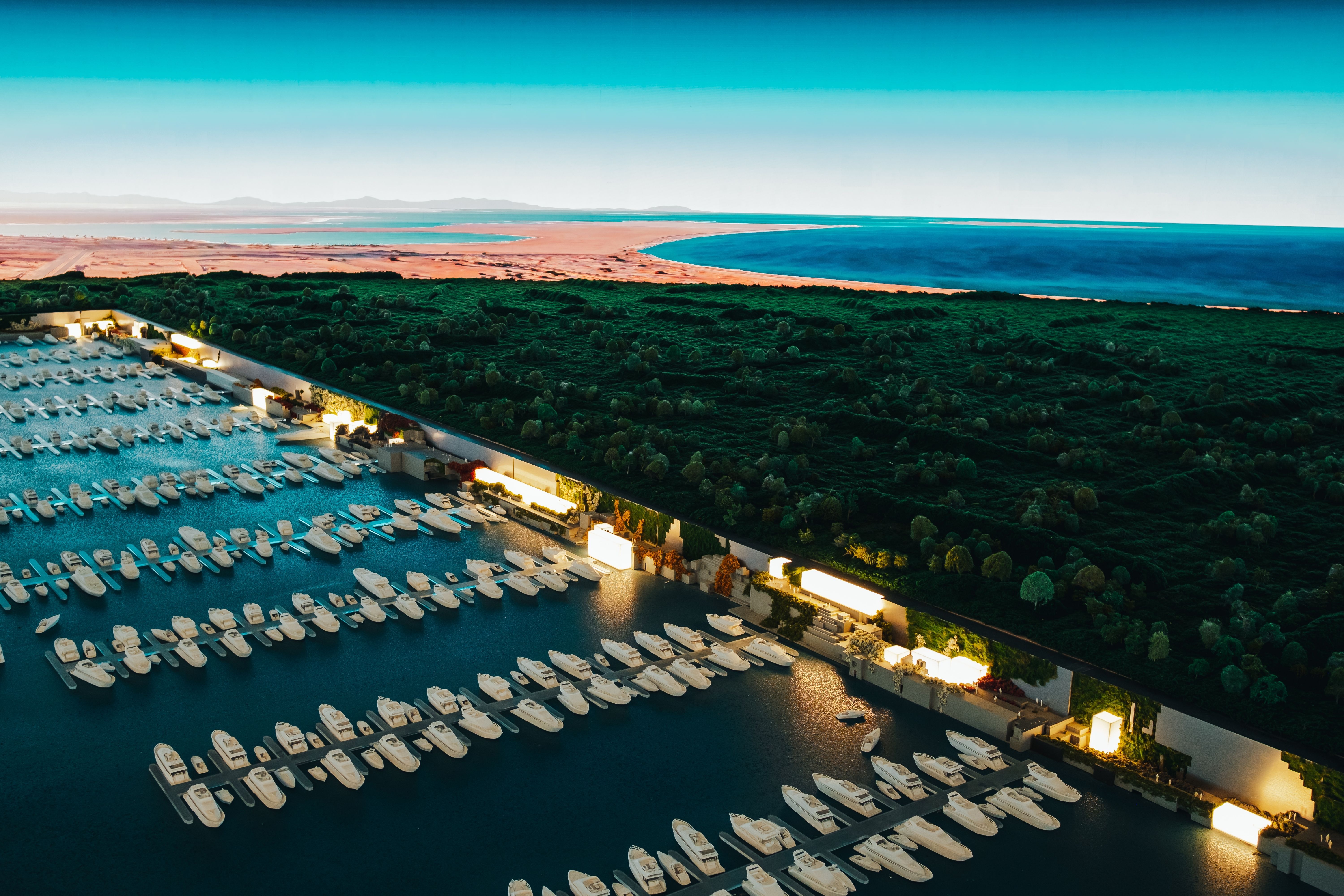Saudi Arabia as an Innovation Hub for the Energy Transition
As the world races to decarbonise, Saudi Arabia is quickly turning itself into an innovation hub for the future energy system.
Earlier this month, Dr Thomas Altmann (EVP of Innovation & New Technology, ACWA Power) and Dr Ian Campbell OBE (VP of National Transformation Institute, KAUST) joined Innovation Zero Co-Founder & Chief Strategy Officer Tim Mann for our latest webinar, Net Zero and Sustainability Opportunities for Innovators in the Kingdom of Saudi Arabia.
We've rounded up the main takeaways from their in-depth conversation. These key insights will help international innovators to understand the growing opportunities within KSA, breaking down the pathways for engagement and the practical steps necessary to establish partnerships or operations in the market.
Saudi Arabia as a strategic innovation launchpad
Saudi Arabia is not just a market, it's an innovation launchpad; a place where new technologies can be tested, validated, and scaled through world-class projects delivered at pace with strong senior institutional backing.
As put by Dr Altmann, “The country takes innovation seriously. It’s on top of the agenda, and it creates an opportunity to work on world-class projects and to deploy breakthrough technologies.” Crucially, that ambition is backed by capital: as he noted, “there is generally a lot of money in Saudi Arabia available for investing in innovations”.
As a rapidly developing nation, KSA benefits from a lack of outdated infrastructure. Mega-projects like NEOM, alongside the Kingdom’s rapidly expanding clean energy and desalination assets, are platforms for experimentation and scale, and creating a ‘sandbox’ environment for innovators. If a solution performs here in the heat, dust, and commercial pressures, it sends a powerful signal to global markets that it’s ready to be deployed at scale.
Strategically, this reframes the opportunity for innovators. The question is shifting from “Can we find a pilot?” to “Can we align with and contribute to a national transformation agenda?”

NEOM
What leaders actually want from innovators
A clear message from Dr Altmann was that strong technology is not enough. What matters is relevance to the people who own the problem, the system operators, utilities, cities, and regulators. “When you pitch your technology, think about what’s relevant for the end user, for the client, and not for you.”
That relevance is demonstrated not through features, but through a grounded understanding of cost, risk, reliability, and scalability in real environments. To him, the fundamentals still matter: “Is the technology suitable for harsh climate? Is it scalable?” ACWA’s own model reinforces this approach: “Our operating model is open innovation, leveraging partnerships. That’s the magic equation for us.”
Dr Campbell’s perspective aligned strongly, highlighting the relationship innovators must forge when working in the Kingdom. Building trust, he said, is non-negotiable: “You have to build up relationships, show you’re serious by coming back three or four times, and be prepared to invest some patient time.”
Strategically, this points to an enormous opportunity for solutions that can build on these fundamentals: “For good technologies, companies can scale very quickly, because the appetite to procure products and services that solve problems is particularly high.”

How to engage with the Saudi ecosystem
Dr Campbell underscored that engagement in Saudi Arabia is driven by relationships, preparation and patience rather than quick wins – success requires both presence and partnership.
Both Dr Altmann and Dr Campbell highlighted three practical expectations for innovators looking to break into this emerging market:
-
Visit in person
Much of the ecosystem only becomes clear on the ground so best to meet ministries, funds, corporates and universities face-to-face.
-
Do your research
Map where your solution aligns with national priorities. Identify the key stakeholders to engage with.
-
Play the long game
Financing and appetite exist, but trust, alignment and demonstrable fit with Vision 2030 take time to build.
Strategically, innovators should view Saudi Arabia not as a place for one-off project hunting, but as a multi-year partnership market that offers globally relevant proof at scale.


